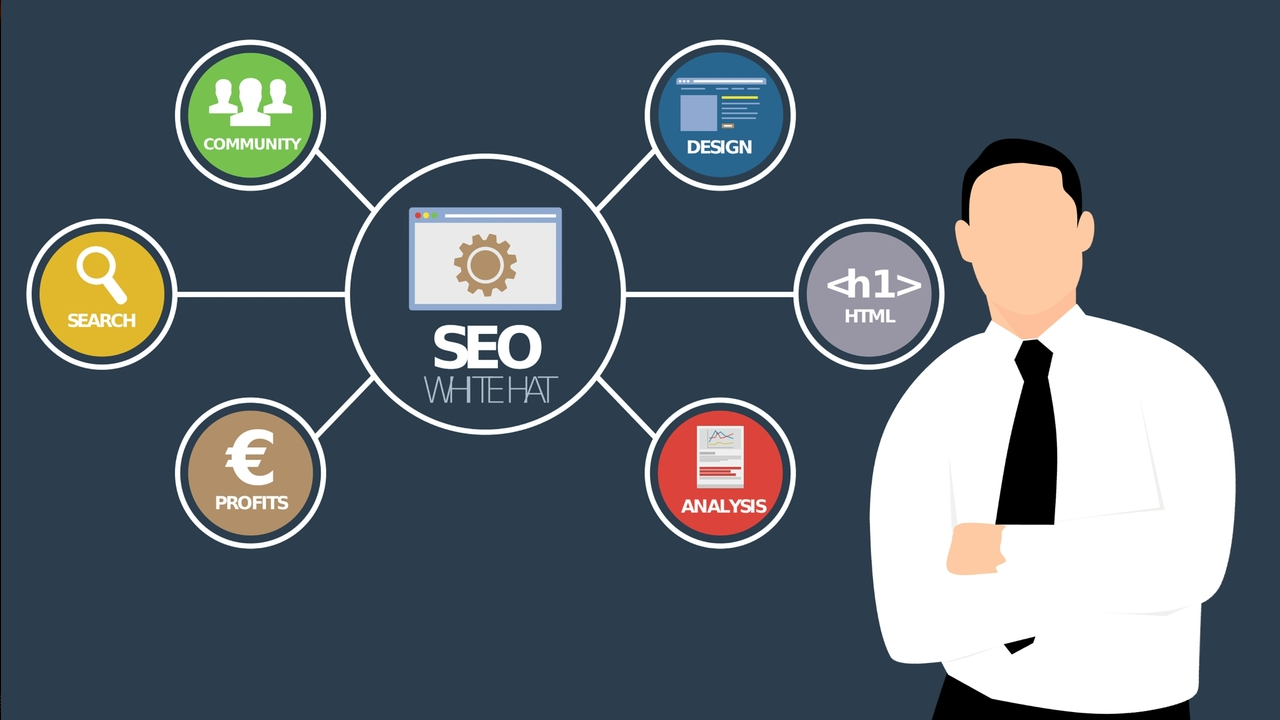Search engines don’t like gossipy keywording and love well-filled sitemaps. But they detest broken links. So, we should prevent ourselves from destroying the given SEO friendly behavior of bootScore:
The classification by semantic HTML tags and good performance speak for the relevance of a site. That is reasonable. However, such measures to improve one’s own ranking are undermined by ‘broken’ or ‘dead links’. They are no longer served, neither by content from within nor outside. Once they reach such a link, the search engine crawlers cannot complete their work. From this, the search engines conclude that such an ‘unmaintained’ site will not be as important, as it pretends to be: What is annoying for the readers, also annoys the search engines.
But broken links are easy to find and fix:
Solution
- Install the plugin Broken Link Checker
- Activate it.
- Go to Tools/Broken Links in your WordPress dashboard.
- Clean up each defective link.
- Disable the plugin until the next check.
Background
A link checker plugin is ultimately a site’s own crawler. Like a search engine, it crawls all built-in links. Those who refer to unreachable servers will be admonished, as well as those whom the responsible server claims to be unable to serve.1 If you have a list of such links and the positions where they occur, cleaning them is only a matter of craftsmanship.
The proper sources of the plugin Broken Link Checker are hosted on WordPress’ own Subversion repository2 The readme file therein says that the Broken Link Checker is licensed under the “GPLv2 or later”.
There are occasionally warnings about this plugin: It could degrade the performance if it works continuously. However, this can be easily prevented by activating and deactivating it on a case-by-case basis.
In addition to the Broken Link Checker, the Google Search Console, and the Bing Webmaster Tools also provide information about irregularities. And there are external tools for this purpose, too. But I think it’s better to start with the obvious.
By the way, the opposite of a broken link is an orphaned page. If such pages exist on a WordPress-based site, they are hard to find automatically because — by definition — there is no link pointing to them. Here, the human look into the own sitemap is more helpful. Orphaned posts — on the other hand — do not exist as long as the standard post loop is still called somewhere.
And how does this …
… support our migration to bootScore? Well, if a web designer must abandon her current WordPress theme, she needs a replacement. A free ‘off-the-shelf’ theme, she probably wants to personalize. First a bit cosmetically, then in terms of the gray value of her pages, multilingualism and internal reference techniques and linking. Finally, she perhaps enables special footers, a secondary menu or a copyright notice before checking the SEO features of the selected theme. This is a way that this post supports too.
- Error 404 [↩]
- GitHub offers a clearly outdated version. [↩]
